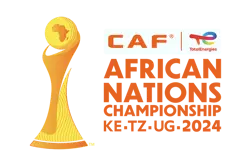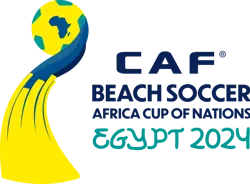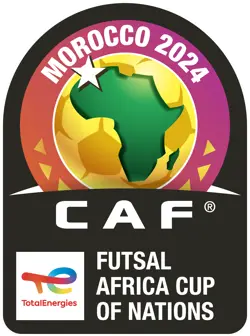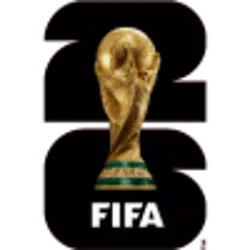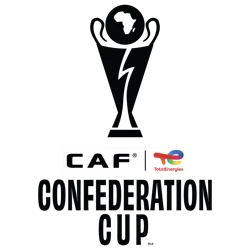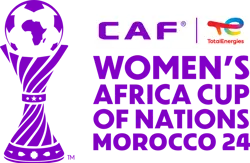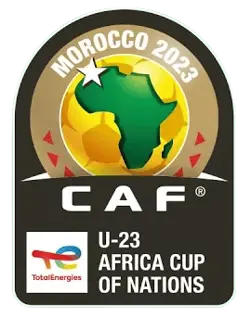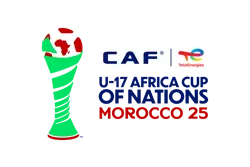Thabo Senong on the evolution of youth football in Africa
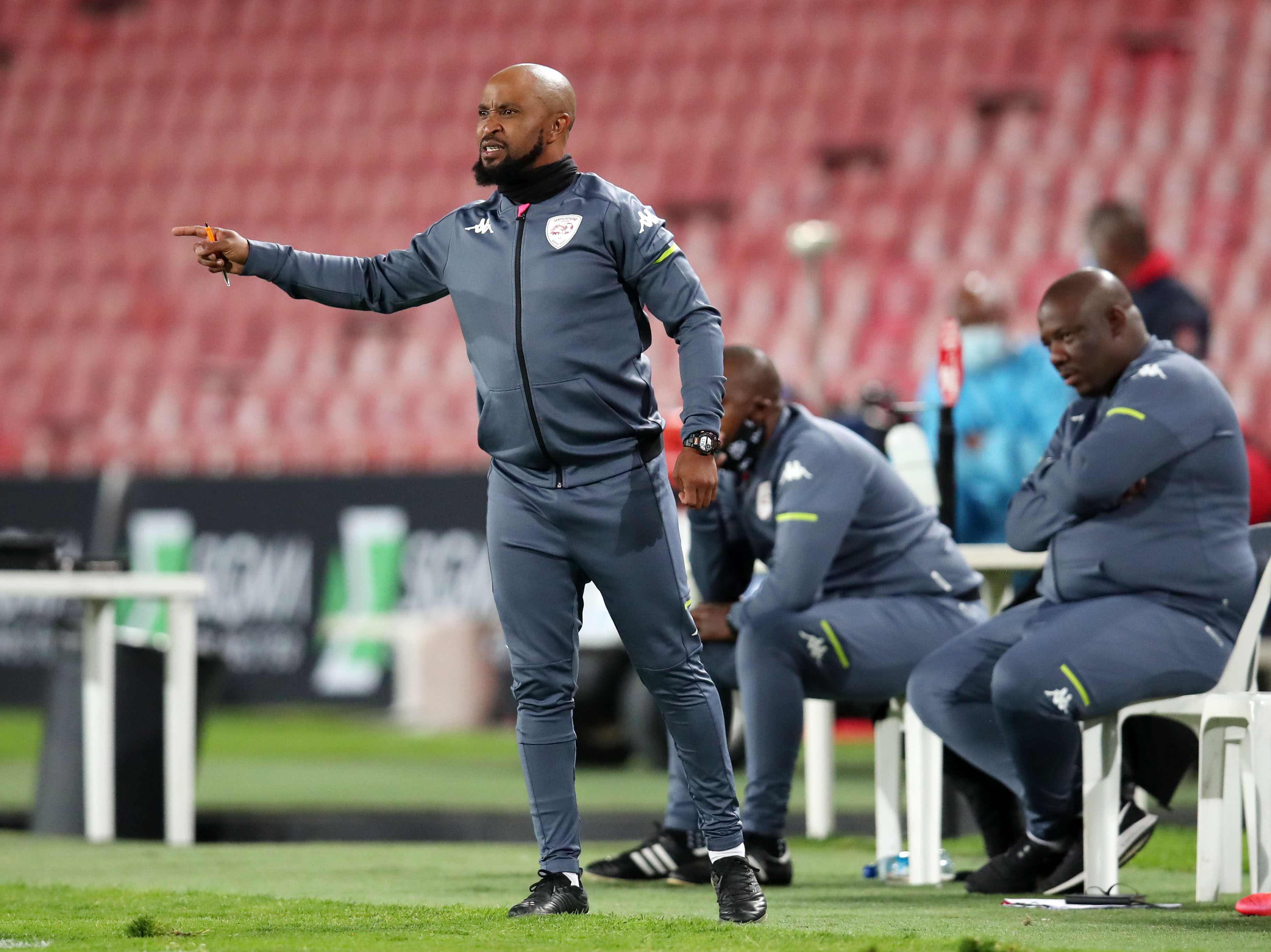
Recently appointed FIFA Talent Coach Thabo Senong is confident of the bright future and evolution of youth football in Africa.
Senong, who guided the South African U-20 national team to two TotalEnergies CAF U-20 Africa Cup of Nations, as well as FIFA U-20 World Cup competitions, is tasked with a delicate project of helping the Football Association of Malawi (FAM) with its youth development.
Senong spoke to CAFOnline on what exactly his role entails, the exciting direction being youth football in Africa, as well as the importance of data and science in developing the game at youth level in Africa.
CAFOnline: Coach congratulations on your appointment with FIFA in Malawi, tell us how you feel about this?
Thabo Senong: Thank you very much, I am very humbled and grateful. The reception from both FAM (Football Association Malawi) and FIFA has been good, and I am looking forward to the challenge
What exactly will the role entail?
I am assigned as a FIFA TALENT COACH under the TDS (Technical Development Scheme) programme of Football Association Malawi. FIFA have partnered with Members Associations globally to assist them to achieve their football potential in youth development. To do this, FIFA has a unique and exciting programme that aims to assist countries to give every youth talent a chance, to training the best young talents with the best and to give young talents competition at youth national. I am happy to be in Malawi and looking forward to assisting the MA with talent scouting, talent development and coach education at youth level.
You were appointed for this role as a result of your impressive CV working with youth football. Where does your passion for youth football stem from?
I was very fortunate to be part of leading youth football programmes in South Africa, I was part of the elite youth programmes such as Orlando Pirates' academy, Mamelodi Sundowns' academy, Diambars Academy and, of course, my biggest task was when I joined SAFA national teams to work as a the national Under-17 Assistant coach, Under-20 head coach, Under-23 assistant coach and the senior team (Bafana Bafana) assistant coach.
You enjoyed great success during your time with the SA U-20 national team where you qualified for two AFCON and FIFA U-20 World Cup competitions, how do you reflect on this time?
My personal objective as a coach was to help SAFA to reach its potential. My goal was to establish solid foundations for the senior team (Bafana Bafana). We had to recruit the right talents into the junior national teams, we needed to win the regional tournaments (COSAFA), which we won twice consecutively, we needed to be present at every CAF youth tournament and FIFA tournament. We did that successfully. Today the senior national team of South Africa is reaping the rewards of the solid foundation we laid. Oswin Appolis, Lyle Foster, Tebogo Mokoena, Aubrey etc are our graduates.
Now youth football on the continent has been on an impressive rise in recent years, what can you attribute this to?
Many countries such as South Africa, Morocco, Tanzania, Malawi to mention a few, all have youth national competitions such as the U-20 and U-23 reserve leagues to prepare young talents for the competitive demands of football. FIFA have been rolling out specialized coaching course to fast track coaching education and CPD (Continuous Professional Development) e.g. FIFA Youth Licence, FIFA Goalkeeper Course and FIFA Fitness course. Football evolution has prioritized the importance of science and analytics, and I have witness many coaches applying those two disciplines at youth football and that makes me very happy.
As a coach, what are some of the modern-day football patterns that you have observed?
The modern game today can be very complex, we witness multiple formations in one match, as this is influenced by the strategical structural intentions from teams and coaches to continuously surprise the opposition during a match. Essentially, it becomes critical for youth developers to continuously rethink about the player of the future. The player must be flexible, versatile and adaptable to what the modern game and modern professional coach will demand from them. In some cases, a modern youth player should be prepared to play 2-3 positions in a season. Sometimes we see players playing to different positions in one match in relation to each phase of the game, In possession, out of possession and the transitional phases
We are also seeing the emergence of young African coaches, what do you make of this exciting trend?
We first have to give credit to the to the experienced coaches that were brave to build their coaching staff around young, advanced and knowledgeable coaches, the consequence of this idea is producing refreshing exciting innovative coaches around the continent e.g. Fadlu Davids with Simba, Rulani Mokwena with Wydad, Peter Mponda in Malawi just to mention a few.
What do you think still needs to be done for Africa to really compete against countries such as Spain at global competitions?
Some solutions to close the technical gaps between European and African teams are education in youth development, education in coach development and exchange programmes with exchange programmes between European clubs and African teams. African teams must prioritize the importance of data analysis, video analysis, sports psychology and sports science.
Professional clubs in Africa must invest more in creating youth elite youth programmes referencing clubs like Red bull Salzburg, Ajax Amsterdam etc. Borussia Dortmund.
Lastly, our clubs must apply the 'three Cs' model of creating a successful club (1. CAPITAL (cash) 2. COMPETENT staff (qualified people for the job and CONCEPT (Clear playing style and clear talent recruitment criteria).
Who do you think are the top three African football nations and why?
It’s a tough question but I think Morocco, Cote d’Ivoire, Senegal, Nigeria and South Africa are among the top five if you look at the how they continue to export young talents in top European leagues, local competitive leagues and their performance on the continental stage.
For the year 2025, what would be your ultimate wish for youth football in Africa?
Maybe three priorities for our youth football in Africa: First is to see CAF implementing CAF Youth Coaching symposium to fast track a technical balance between all the nations. A CAF Youth coaching licence is essential if we want coaches to specialize and, lastly, we need a CAF Champions League for youth clubs.

